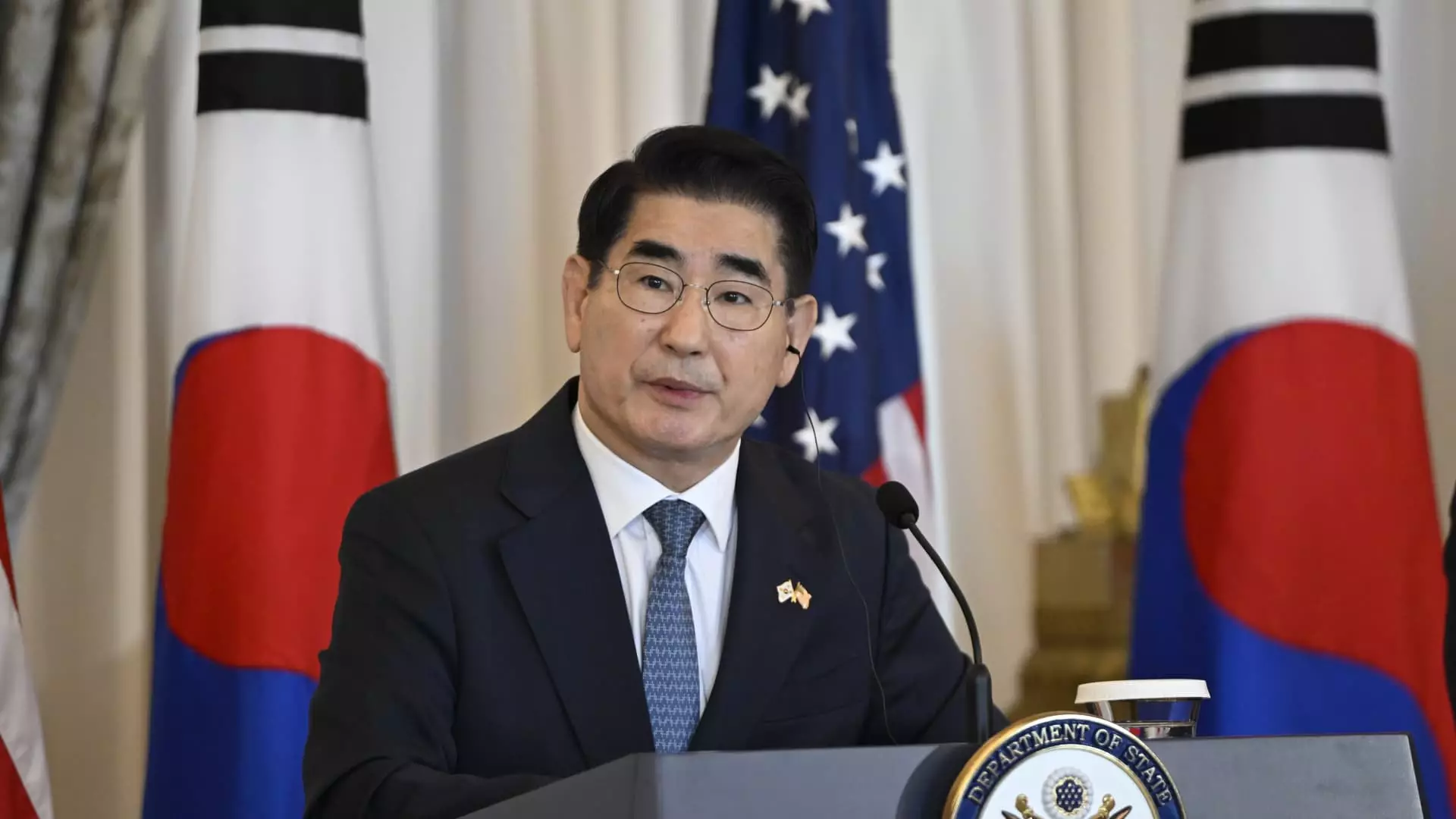The recent administrative changes in South Korea’s defense ministry highlight not only the internal dynamics of the ruling government but also the implications of military governance. President Yoon Suk Yeol’s acceptance of Defense Minister Kim Yong-hyun’s resignation is laden with controversy and signifies a shift in political strategy amidst turbulent circumstances. The resignation, followed by a swift nomination of Choi Byung-hyuk, formerly an ambassador to Saudi Arabia, reflects an urgent need to stabilize leadership during a period characterized by unprecedented political strife surrounding Yoon’s martial law declaration.
Kim Yong-hyun’s resignation came on the heels of his controversial advice to President Yoon regarding the implementation of martial law—an action that stirred public outcry and parliamentary pushback. The government’s attempt to justify a martial law declaration, which was ultimately rescinded following intense pressure from lawmakers, signals a breakdown in confidence and communication within the executive branch. The rapid nomination of Choi Byung-hyuk not only fills the immediate gap left by Kim but also aims to reaffirm Yoon’s commitment to strong military leadership.
Choi’s appointment is significant for several reasons. As a former army general, he is expected to bring a level of military acumen that Kim purportedly lacked during his tenure. The nomination has been characterized by Yoon’s chief of staff as choosing a leader of principle—suggesting a pivot towards a leadership style that emphasizes regulation and duty-bound governance. However, Choi’s capacity to navigate the existing political turmoil will be immediately scrutinized as he steps into an environment fraught with partisan strife, especially with the Democratic Party vehemently opposing Yoon’s previous actions.
The attempt to impose martial law and its subsequent rollback resonated deeply in South Korean politics, drawing accusations of treason from opposition leaders. With the introduction of an impeachment motion against Yoon, the ramifications of this political misstep extend beyond individual accountability; it sets a precedent for future governance issues and exacerbates factional divides within the National Assembly. The Democratic Party’s readiness to mobilize for a vote reflects a heightened sense of adversarial politics, potentially complicating Choi’s initial strategies as the new defense minister.
The resignation of Kim Yong-hyun and the subsequent nomination of Choi Byung-hyuk signal a pivotal moment for President Yoon Suk Yeol’s administration. While this change may offer a temporary sense of stability, the political landscape remains precarious. Choi’s ability to manage not only military affairs but also regain public trust in an administration currently facing allegations of overreach will define the trajectory of South Korea’s governance moving forward. The unfolding events will be critical in shaping the public’s perception of military intervention in domestic politics and the broader implications for democratic resilience in the country.


Leave a Reply